#Happy Kwanzaa!
Explore tagged Tumblr posts
Text

Happy Holidays!
#Daredevil#Black Panther#Thing#Darkseid#Marvel Comics#DC Comics#Michael Cho#Happy Holidays!#Merry Christmas!#Happy Hanukkah!#Happy Kwanzaa!
49 notes
·
View notes
Text

FROM ME TO YOU, KWANZAA FURAHA!
#happy kwanzaa!#kakiart#catgirl#nota#''you waited until the third day?'' SHUT UP ITS KWANZAA STILL AINT IT. OFF MY BACK.
127 notes
·
View notes
Text









Christmas Stimboard
☃️ 🎄 🍪
🎁 ☃️ 🎁
🍪 🎄 ☃️
#merry christmas!#happy yule!#happy hannukah!#happy kwanzaa!#happy holidays :)#.l3m st1mz#stimblr#stimboard#visual stim#stim gifs#stimming#christmas#christmas stim#christmas stimboard#yule#candle stim#tree stim#ornament stim#drink stim#cookie stim#food stim#present stim#present wrapping#sweater stim
12 notes
·
View notes
Text
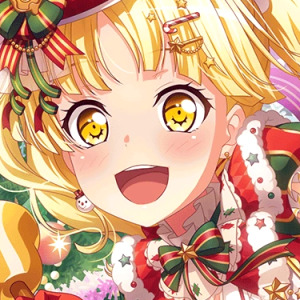
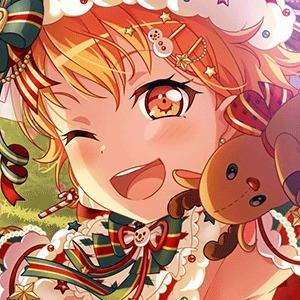
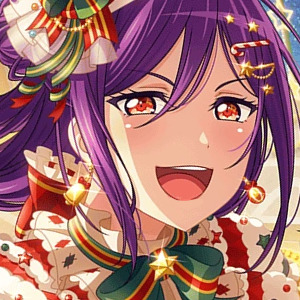
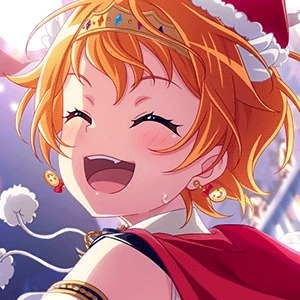
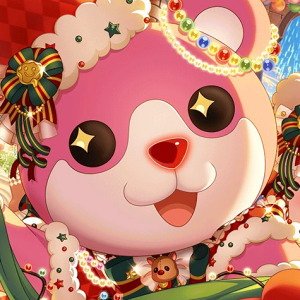

i wonder what kind of warm miracle we will create this year?!
#icons#pareposts#hello happy world#kaoru seta#hagumi kitazawa#misaki okusawa#michelle bandori#kokoro tsurumaki#happy kwanzaa!#this set is just hagumi huh#300x300
24 notes
·
View notes
Text
Christmas!!
Merry Christmas, Hanukah, Kwanza (or whatever you celebrate)
Wishing you happiness and prosperity
and a wonderful new year!!
tag your mutuals or whoever you want!
@m3ll0m0chi @g00bi3 @ne-cocoa @bonsai-maze @mr-atomicrain @hairdryerbath @cheddarcheddarcheezits @sleepy-drawss @chipi-chupi-chips @imjusthereforthecale @m0n5t3r-3n3rg7 @weaverpop @redson-lmk
285 notes
·
View notes
Text
Uh happy holidays and whatnot take the bandit equivalent to a lump of coal
#bandit's doodles#jrwi prime defenders#jrwi dakota#jrwi wiwi#I wouldn’t say this is ghostkicks per se but if you want to think of it like that be my guest pookie whatever makes you happy#making stupid animatics like this is always fun#I’ve been doing em for a minute but maybe I’ll start posting more of them now#I don’t even celebrate Christmas but for those who do hope this is good enough mwa mwa#anyway remember when this party was the most stressful thing they were going through lol#(<-voice of a man who is coming up on the greyscale arc in his rewatch)#speaking of which totally unrelated#but I binged Danny phantom last night/today and there’s a fucking episode titles ‘shades of gray’#and when I saw that shit I almost bursted into tears#anyway happy holidays merry Christmas have a beautiful Kwanzaa have a glorious Hanukkah and have a radiant winter#rides away on my bandit-drawn sleigh
286 notes
·
View notes
Text

Happy Candle month to all who celebrate!
#object head#character design#menorah#hannukah#christmas#advent#advent wreath#artists on tumblr#holidays#might do kwanzaa later idk#i thought about Diwali but that was in Nov this year#might still do it tho#illustration#jess's art#merry christmas#happy hanukkah
2K notes
·
View notes
Text
Bit of a late post because I've been spending the last two days driving around non-stop to visit family for Christmas, but! Happy Holidays to you all! I'm so thankful to be here with such an amazing community of creators, readers, and friends 💖 For all those who celebrate this time of year in their many shapes and forms, I hope you're having a wonderful and safe holiday season! Te'tuji Kesalnu'k !

#off topic#apollo#greek mythology#happy holidays#merry christmas#happy chanukah#happy kwanzaa#best wishes!#eat lots of food!#be kind to yourself!#also i have a new years comic in the works huehuehue
170 notes
·
View notes
Text
Kwanzaa:
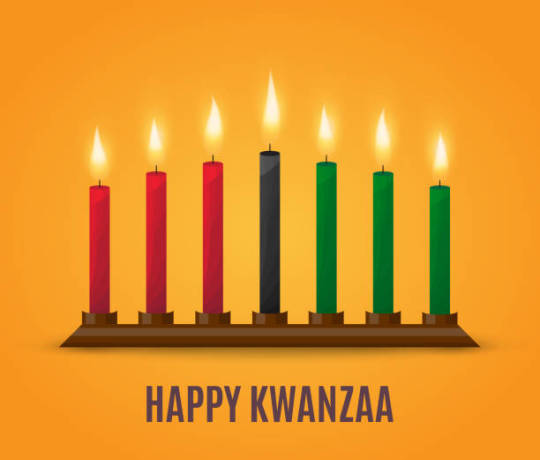
Kwanzaa, an annual holiday celebrated primarily in the United States from December 26 to January 1, emphasizes the importance of pan-African family and social values. It was devised in 1966 by Maulana Karenga, Inspired by Africa’s harvest celebrations, he decided to develop a nonreligious holiday that would stress the importance of family and community while giving African Americans an opportunity to explore their African identities. Kwanzaa arose from the black nationalist movement of the 1960s and was created to help African Americans reconnect with their African cultural and historical heritage. The holiday honors African American people, their struggles in the United States, their heritage, and their culture. Kwanzaa's practices and symbolism are deeply rooted in African traditions and emphasize community, family, and cultural pride. It's a time for reflection, celebration, and the nurturing of cultural identity within the African American community.
Kwanzaa is a blend of various African cultures, reflecting the experience of many African Americans who cannot trace their exact origins; thus, it is not specific to any one African culture or region. The inclusiveness of Kwanzaa allows for a broader celebration of African heritage and identity.
Karenga created Kwanzaa during the aftermath of the Watts riots as a non-Christian, specifically African-American, holiday. His goal was to give black people an alternative to Christmas and an opportunity to celebrate themselves and their history, rather than imitating the practices of the dominant society. The name Kwanzaa derives from the Swahili phrase "matunda ya kwanza," meaning "first fruits," and is based on African harvest festival traditions from various parts of West and Southeast Africa. The holiday was first celebrated in 1966.
Each day of Kwanzaa is dedicated to one of the seven principles (Nguzo Saba), which are central values of African culture that contribute to building and reinforcing community among African Americans. These principles include Umoja (Unity), Kujichagulia (Self-Determination), Ujima (Collective Work and Responsibility), Ujamaa (Cooperative Economics), Nia (Purpose), Kuumba (Creativity), and Imani (Faith). Each family celebrates Kwanzaa in its own way, but Celebrations often include songs, dances, African drums, storytelling, poetry readings, and a large traditional meal. The holiday concludes with a communal feast called Karamu, usually held on the sixth day.
Kwanzaa is more than just a celebration; it's a spiritual journey to heal, explore, and learn from African heritage. The holiday emphasizes the importance of community and the role of children, who are considered seed bearers of cultural values and practices for the next generation. Kwanzaa is not just a holiday; it's a period of introspection and celebration of African-American identity and culture, allowing for a deeper understanding and appreciation of ancestral roots. This celebration is a testament to the resilience and enduring spirit of the African-American community.
"Kwanzaa," Encyclopaedia Britannica, last modified December 23, 2023, https://www.britannica.com/topic/Kwanzaa.
"Kwanzaa - Meaning, Candles & Principles," HISTORY, accessed December 25, 2023, https://www.history.com/topics/holidays/kwanzaa-history.
"Kwanzaa," Wikipedia, last modified December 25, 2023, https://en.wikipedia.org/wiki/Kwanzaa.
"Kwanzaa," National Museum of African American History and Culture, accessed December 25, 2023, https://nmaahc.si.edu/explore/stories/kwanzaa.
"The First Kwanzaa," HISTORY.com, accessed December 25, 2023, https://www.history.com/this-day-in-history/the-first-kwanzaa.
My Daily Kwanzaa, blog, accessed December 25, 2023, https://mydailykwanzaa.wordpress.com.
Maulana Karenga, Kwanzaa: A Celebration of Family, Community and Culture (Los Angeles, CA: University of Sankore Press, 1998), ISBN 0-943412-21-8.
"Kente Cloth," African Journey, Project Exploration, accessed December 25, 2023, https://projectexploration.org.
Expert Village, "Kwanzaa Traditions & Customs: Kwanzaa Symbols," YouTube video, accessed December 25, 2023, [Link to the specific YouTube video]. (Note: The exact URL for the YouTube video is needed for a complete citation).
"Official Kwanzaa Website," accessed December 25, 2023, https://www.officialkwanzaawebsite.org/index.html.
Michelle, Lavanda. "Let's Talk Kwanzaa: Unwrapping the Good Vibes." Lavanda Michelle, December 13, 2023. https://lavandamichelle.com/2023/12/13/lets-talk-kwanzaa-unwrapping-the-good-vibes/.
901 notes
·
View notes
Text
To anyone who celebrates,
Merry Christmas
Happy Hanukkah
Happy Yule
Happy Kwanzaa
Happy New Years
And any other holidays
I hope your holiday is just as, if not more, joyous as my own.
I cherish each and every one of you
Enjoy your holidays
Enjoy your people
Enjoy your celebrations
You are loved.
#sfw agere#age regression#agere blog#agere community#agere little#sfw age regression#ageregression#age regressor#agere#christmas#hanukkah#happy yule#kwanzaa#new year
189 notes
·
View notes
Text

HAPPY HOLIDAYS EVERYONE!!!!! Whether it’s Christmas, Hanukkah (what i celebrate), Kwanzaa , or whatever else. I hope you have a wonderful holiday with the people that you love! This art is by the wonderful Kohei Ashiya once again
#merry christmas#happy hanukkah#happy kwanzaa#kakyoin daily#daily kakyoin#noriaki kakyoin#kakyoin#jjba kakyoin#jojo kakyoin#jojo no kimyou na bouken#jojo's bizarre adventure#jjba#jotaro kujo#jean pierre polnareff#joseph joestar#mohammed avdol#iggy the fool
140 notes
·
View notes
Text
#Christmas#xmas#Kwanzaa#Chanukah#yule#litha#happy holidays#new years#new years eve#poll#polls#tumblr poll#talking lollie
116 notes
·
View notes
Text
Happy holidays to all the aspecs out there!!! You are valid and loved!

132 notes
·
View notes
Text
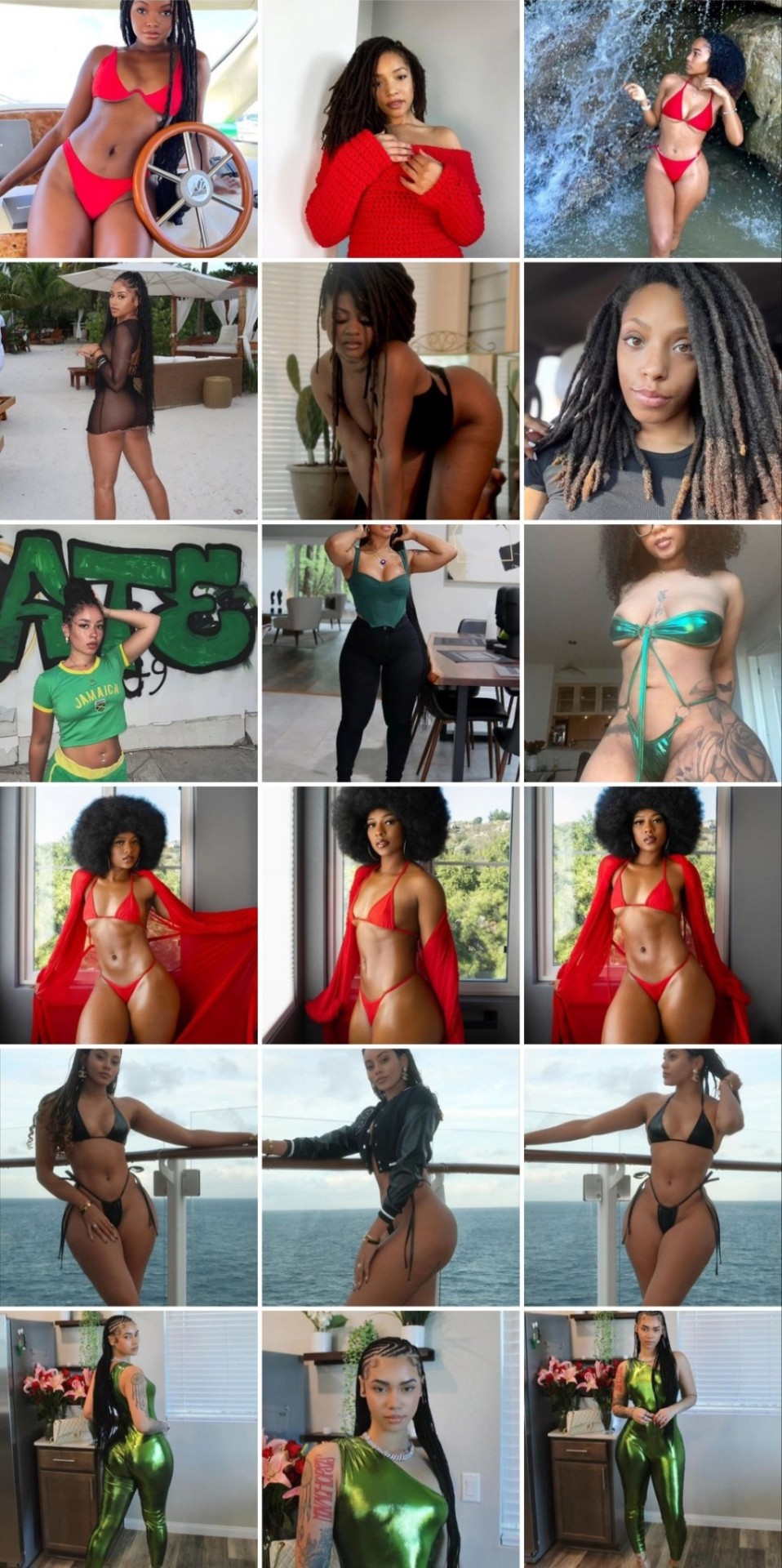
Instagram: @thenatural.eye
#kwanzaa#rbg#happy holidays#special edition#natural hair#gorgeous women#dopegirls#keekyyx#saleemarrm1#indya marie#stormiiy#therealmint#greyydawg#tasiamarie#coley_lox#natslocs#lissa_cunha10
416 notes
·
View notes
Text
Wishing everyone a Happy Chrismahanukwanzakah! Blessings of love, laughter & peace to all. Much joy & comfort from me. 🎄✝️⛪️☦️⭐️✨️❤️

Happy Holidays!
#merry christmas#happy holidays#happy hanakkuh#happy kwanzaa#blessings#joy#birth of jesus#holy night#love#peace#friendship#family
77 notes
·
View notes
Text

Christmas fanart for a Buddhist fandom
#no disrespect intended I just thought it was funny#it’s that time of year when everyone’s making holiday themed works#this is my contribution lmfao 😭#my friend was like you should draw swk hanging out with Santa and Jesus#merry Christmas happy holidays kwanzaa and hannukah guys!!#I hope you guys are having a nice vacation :)#I went to candlelight church service and my friend yapped my ear off about monster high and soap for 3 hours#it was a good time :)#digital art#my art#journey to the west#jttw fanart#jttw sun wukong#jttw tripitaka#jttw bajie#jttw ao lie#jttw sha wujing#they’re enjoying the winter scenery for a bit :)#everyday can be a cause for celebration
80 notes
·
View notes